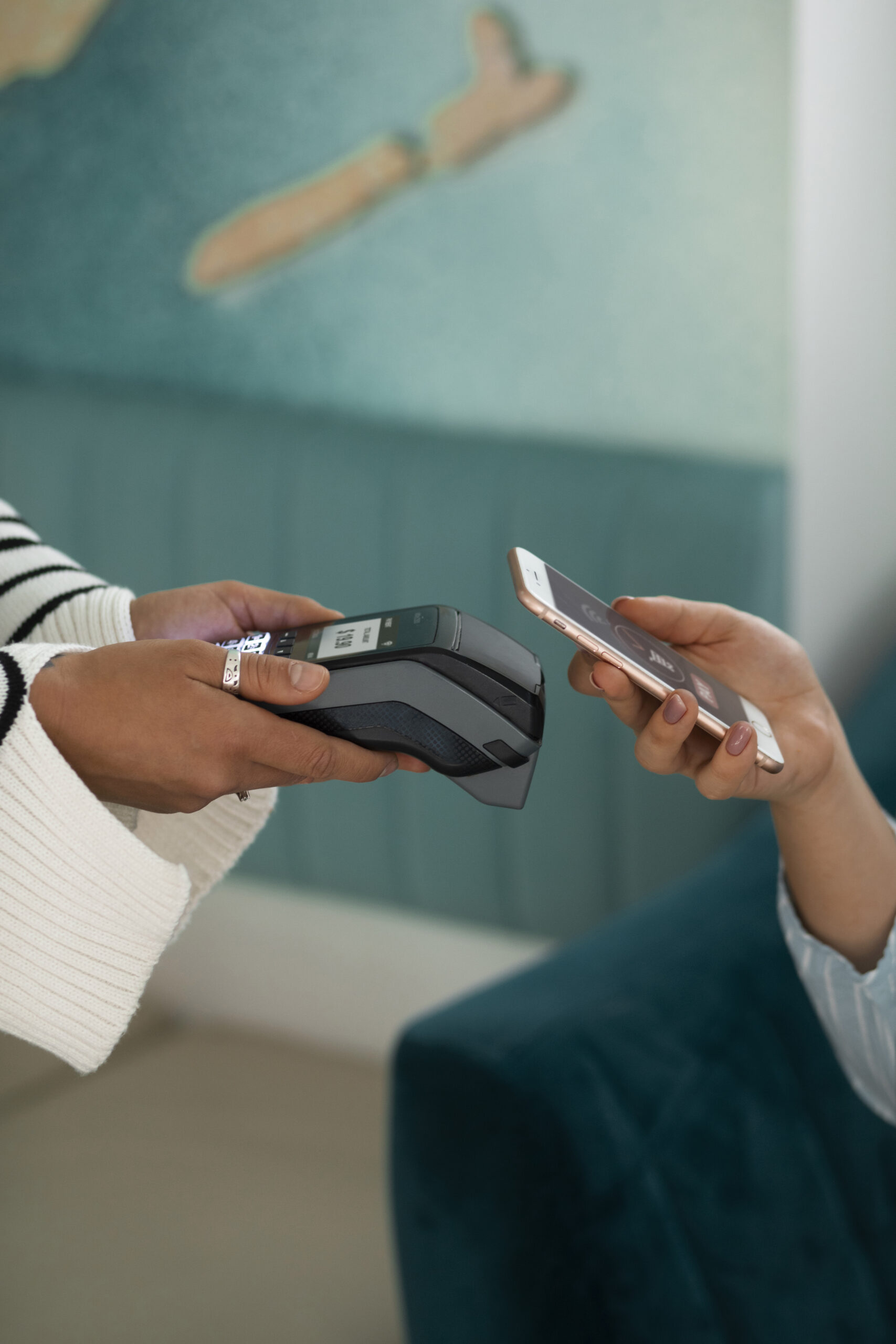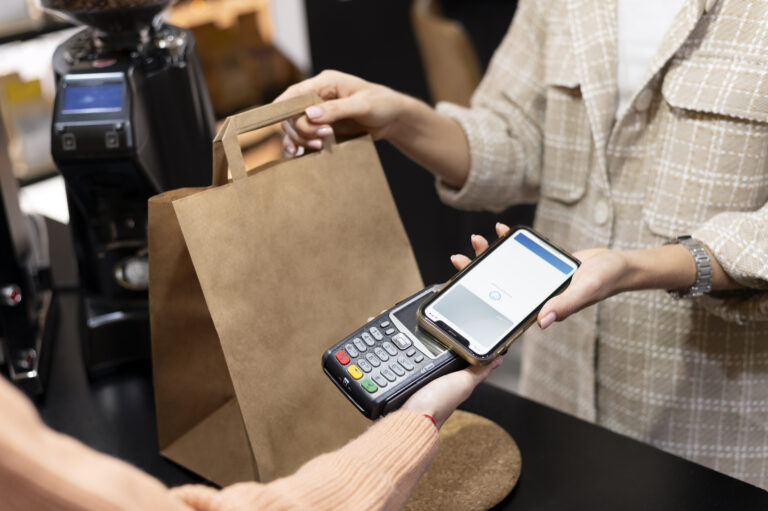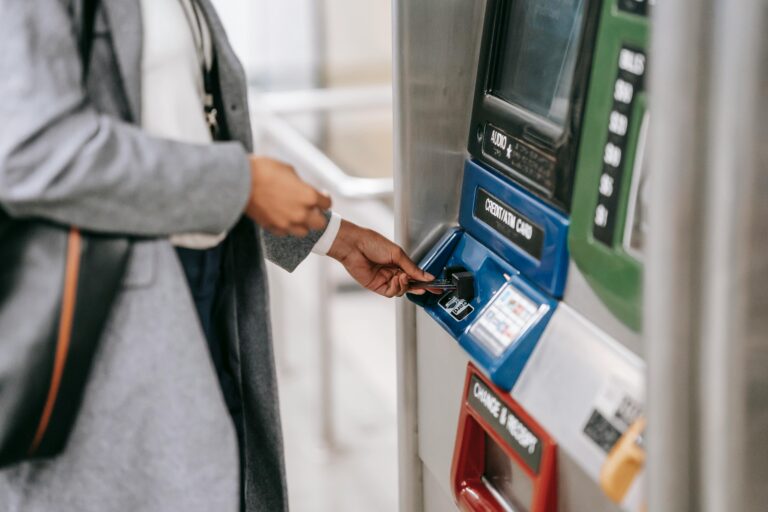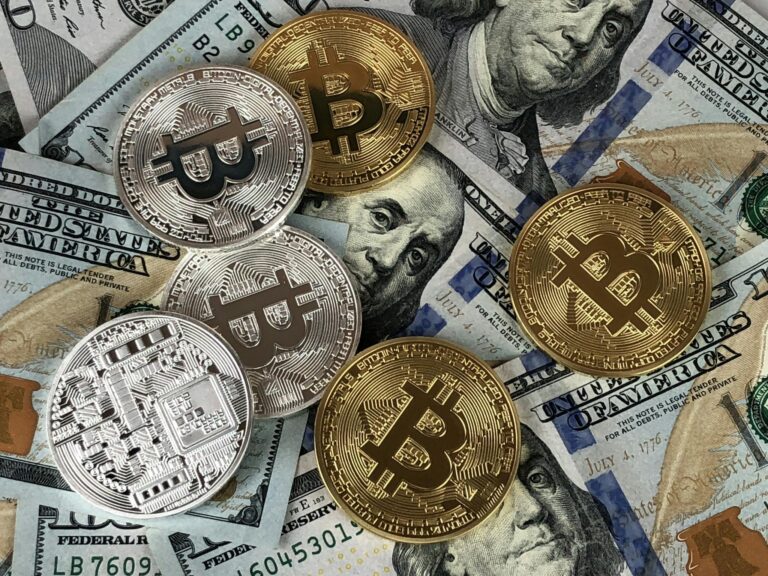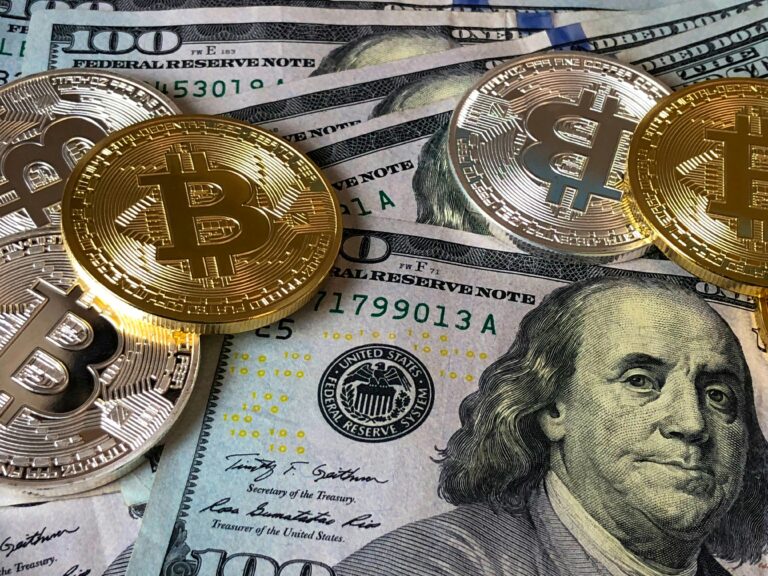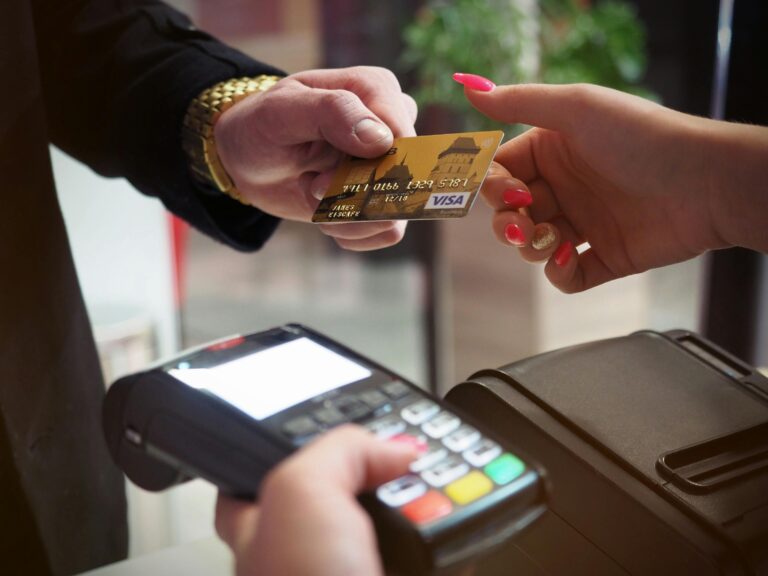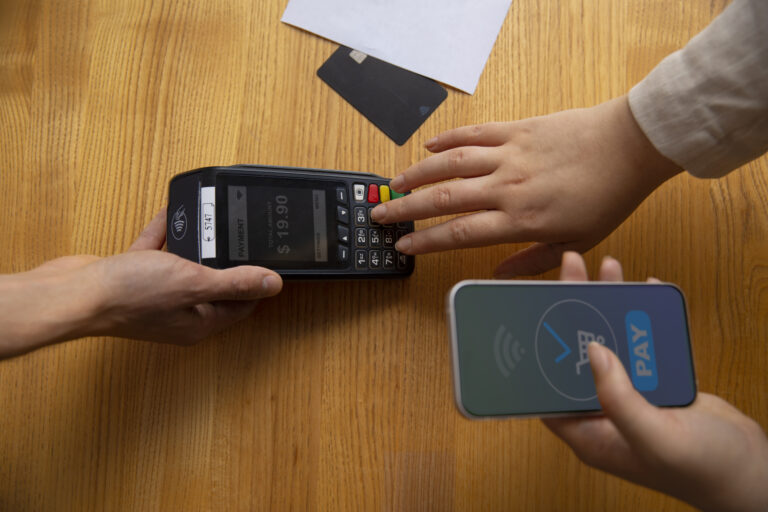Which Banks Support PayPal in Nigeria: List of Banks that Support PayPal in Nigeria
In our interconnected world, having access to reliable online payment systems is essential. PayPal, a global leader in digital payments, has become a vital tool for many Nigerians, especially those engaged in international transactions.
This article explores the Nigerian banks that support PayPal in 2024, provides detailed comparisons of alternative payment gateways, and offers insights into leveraging PayPal for international transactions. We’ll also look at the future of fintech in Nigeria and provide tips on building financial literacy.
Banks That Support PayPal in Nigeria
As of 2024, several Nigerian banks support linking with PayPal, allowing seamless transactions for their customers. Here’s a detailed look at these banks:
1. First Bank of Nigeria (FBN)
- Card Linking: FirstBank allows customers to link their debit or credit cards to PayPal, facilitating secure and easy online transactions.
- Integration: The bank’s online platform supports PayPal, making it straightforward to manage linked accounts.
2. Guaranty Trust Bank (GTBank)
- PayPal Support: GTBank supports linking both debit and credit cards to PayPal.
- User Interface: GTBank’s internet banking and mobile app make it easy to link and manage PayPal transactions.
3. Access Bank
- Card Linking: Customers can link Access Bank cards to their PayPal accounts for online shopping and other transactions.
- Secure Transactions: Ensures secure transactions through a user-friendly interface.
4. United Bank for Africa (UBA)
- Compatibility: UBA cards can be linked to PayPal accounts for hassle-free transactions.
- Management Tools: Offers robust online banking tools to manage PayPal links.
5. Zenith Bank
- PayPal Support: Supports linking of both debit and credit cards to PayPal.
- Efficient Process: The linking process is designed to be simple and efficient.
6. Standard Chartered Bank Nigeria
- High Net-Worth Clients: Caters to high net-worth individuals, allowing them to link their cards to PayPal.
- International Focus: Ideal for frequent international transactions.
Alternative Payment Gateways
For those seeking alternatives to PayPal, several local payment gateways cater specifically to the Nigerian market. Below is a comparison table of popular options:
| Feature | PayGate | iKhokha | Ozow |
| Fees | Moderate | Low | Low |
| Transaction Limits | High | Moderate | High |
| Supported Currencies | Multiple | ZAR, NGN | Multiple |
| Ease of Use | High | High | Moderate |
| Security Measures | Advanced | Standard | Advanced |
Local Relevance
- PayGate: Supports multiple currencies and integrates well with local banks, making it ideal for businesses.
- iKhokha: Best for small to medium-sized enterprises, with a focus on mobile money platforms.
- Ozow: Known for instant EFT transactions, compatible with local banks and mobile money services.
User Testimonials
- Chinedu, Lagos: “Using PayGate has streamlined my business transactions. The integration with my bank is seamless.”
- Aisha, Abuja: “iKhokha is perfect for my small business. It’s easy to use and integrates well with my mobile payments.”
Leveraging PayPal for International Transactions
1. For Freelancers and Remote Workers:
- Receiving Payments: Many Nigerians work with international clients. Linking a credit card to PayPal can facilitate secure and efficient payment receipt.
- Tax Implications: It’s essential to understand the tax implications of international earnings. Consulting with a tax advisor can help navigate these complexities.
- Currency Conversion: PayPal charges fees for currency conversion. Knowing the current exchange rates and associated fees can help optimize earnings.
2. Safeguarding Online Purchases:
- Reputable Sellers: When making purchases, ensure the seller is reputable. Look for reviews and verify their PayPal acceptance.
- Buyer Protection: PayPal offers buyer protection, covering eligible purchases if there’s an issue with the transaction.
3. Cost Analysis:
- Fees Comparison: Using a credit card linked to PayPal may incur higher fees than other methods. Comparing these costs with alternatives can help you choose the most economical option.
How to Link Your Bank Account or Card to PayPal
- Create a PayPal Account:Sign up for a PayPal account on the PayPal website.
- Link Your Bank Account or Card:
- Log in to your PayPal account.
- Go to the “Wallet” section.
- Click on “Link a bank” or “Link a card.”
- Enter your bank account or card details.
- Verify Your Account:PayPal will initiate a verification process, which may involve small deposits to your bank account or a charge to your card that you need to confirm.
- Start Using PayPal:Once your bank account or card is linked and verified, you can start using PayPal for transactions.
Benefits of Using PayPal with These Banks
Convenience:
- Easily send and receive money internationally.
- Make online purchases securely.
Security:
- PayPal provides an additional layer of security by not exposing your bank details during transactions.
Efficiency:
- Quick and easy transfer of funds between your PayPal and bank accounts.
The Future of Fintech in Nigeria
1. Emerging Trends:
- Mobile Wallets and Digital Currencies: These are becoming increasingly popular, offering new ways to manage money and make transactions.
- Cashless Society: Moving towards a cashless society has benefits like reducing crime and improving convenience but also presents challenges like ensuring digital inclusion.
2. Government Regulations:
- Recent Initiatives: The Nigerian government has been proactive in regulating the fintech space, aiming to foster innovation while protecting consumers.
Building Financial Literacy
1. Budgeting and Expense Tracking:
- Budgeting Apps: Utilizing apps can help track spending and manage budgets effectively.
- Expense Tracking: Payment gateways often provide tools for tracking expenses, aiding in financial planning.
2. Importance of Saving:
- Savings and Investments: Setting aside a portion of online earnings is crucial. Popular options include savings accounts, mutual funds, and other investment vehicles.
Combating Online Fraud:
- Identifying Scams: Be vigilant about phishing attempts and suspicious emails. Always access payment platforms through official websites or apps.
- Secure Practices: Use strong passwords and enable two-factor authentication to enhance security.
Conclusion
Understanding the landscape of online payments in Nigeria is crucial for both individuals and businesses. With several banks supporting PayPal, users can enjoy seamless international transactions. Additionally, local payment gateways offer viable alternatives, each with its own set of features tailored to the Nigerian market.
As fintech continues to evolve, staying informed about emerging trends and building financial literacy will be key to leveraging these tools effectively. Always stay updated with the latest information to make the most of your online payment options.
Frequently Asked Questions
1. Which bank accepts PayPal?
PayPal isn’t a bank; it’s a financial technology enterprise. PayPal Savings is offered by FDIC-Member Synchrony Bank. PayPal Savings funds are kept with Synchrony Bank. At the moment, PayPal Savings is limited to personal accounts.
2. Can I connect PayPal and Opay?
In your nation, adding a local bank account or debit card is not possible. Only Visa credit cards are eligible for linking. Unfortunately, receiving Paypal payments is not an option in Nigeria.
3. Is PayPal traceable by banks?
PayPal transactions can be found in bank statements created by online banking or through the bank itself. Businesses may better manage their finances and make smarter decisions by keeping structured financial records and managing their PayPal transactions.
